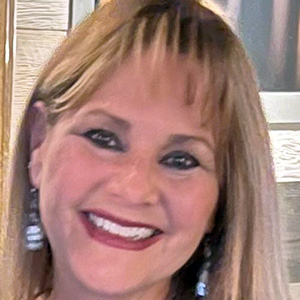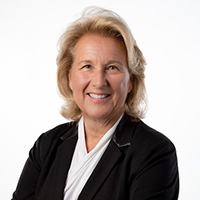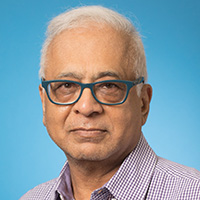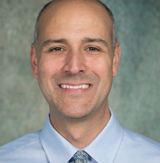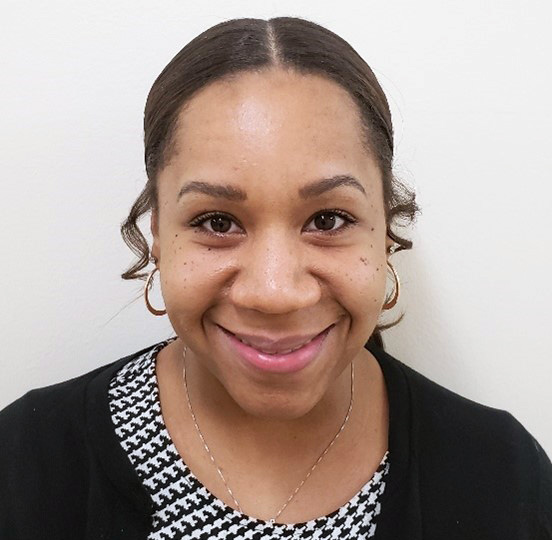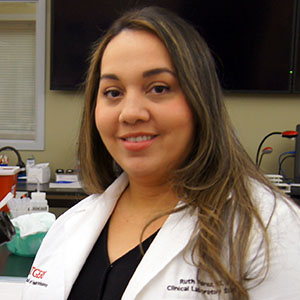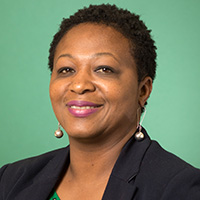Advance Your Career with Rutgers’ Online Program Tailored for Certified Medical Laboratory Professionals
Designed to meet the challenges of a rapidly evolving healthcare landscape, our fully online M.S. in Clinical Laboratory Science program has recently been reduced to just 30 credits, making it easier to develop new proficiencies and prepare yourself for leadership roles in clinical laboratory services and the broader healthcare industry.
Why Study Clinical Laboratory Science at SHP?
Our graduates work in hospitals, physician offices, veterinary labs, national and regional testing laboratories, biotechnology, pharmaceutical, chemical and cosmetic industries, health agencies, research and teaching institutions and use their degree as a preparation for advanced degrees in medicine, dentistry or biomedical sciences.
$93,900
* average salary of a Clinical Laboratory Science graduate
* U.S. Bureau of Labor & Statistics
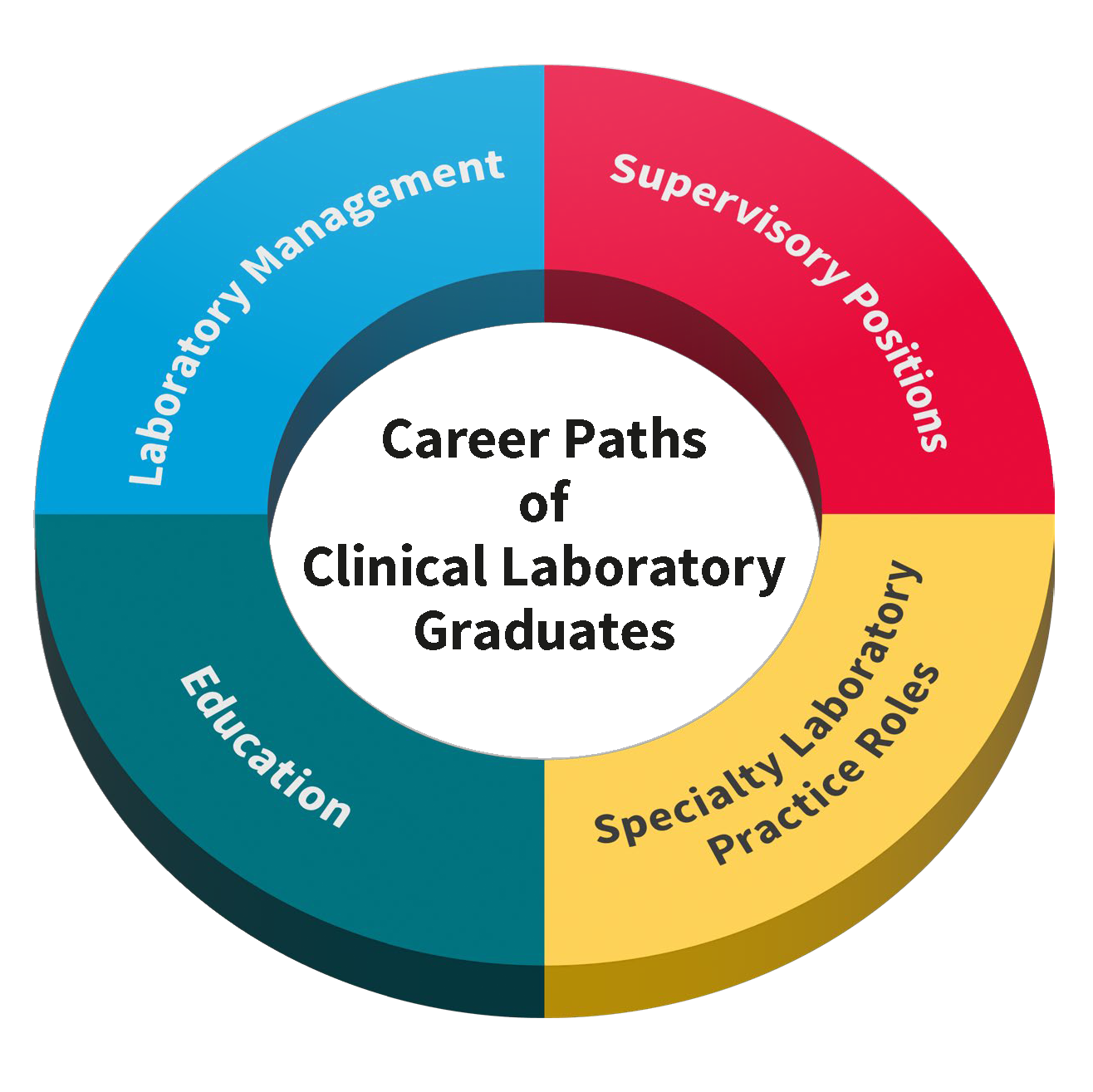
Program Highlights
While learning valuable new advanced clinical lab science skills, students have the opportunity to interact on a one-to-one basis with faculty and colleagues from all over the country and internationally through various online asynchronous and synchronous delivery modes and technologies.
Our M.S. in Clinical Laboratory Science program offers these distinguishing features:
- Career laddering and advanced education opportunities in the doctoral program (DCLS)
- Flexibility of anytime, anywhere education
- Wealth of faculty expertise in clinical laboratory science
- Convenience of entirely online course offerings
- Growing network of successful alumni
Program Overview
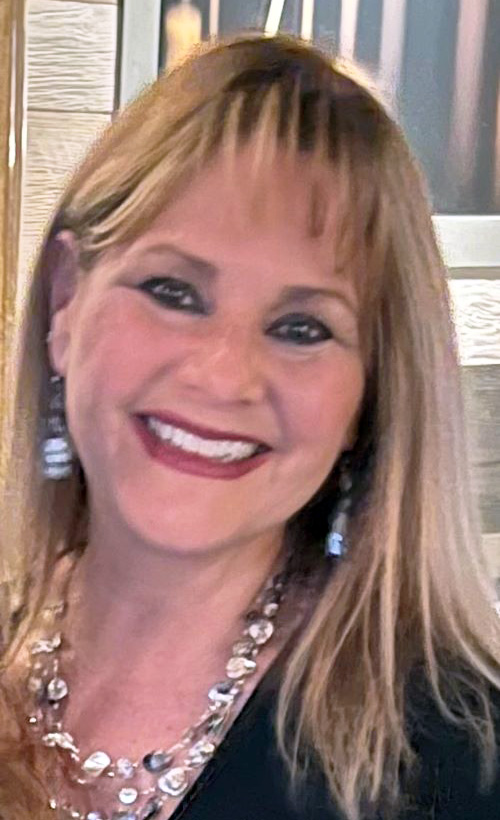
Deborah Josko
The clinical laboratory science program prepares students for managerial and leadership roles in clinical laboratory services and the health care industry by expanding skills in:
- Advanced clinical lab science
- Management/Leadership/ Strategic planning/Finance
- Quality assurance/Quality improvement
- Informatics
- Health professions education
- Research
M.S. in Clinical Laboratory Science Program Structure
- 30 credits beyond the baccalaureate degree
- All courses are web-based (online)
- No GREs required
- Cohort model—each student is required to complete a minimum of 12 credits each year
Student must maintain a “B” average (GPA 3.0) and are expected to continually maintain matriculation while enrolled in the program.
- Full time: enroll for a minimum of 9 credits (3 courses) per semester.
- Part time: enroll for 3-6 credits (1-2 courses) per semester
The majority of students enroll part-time and typically complete the program in 2 to 3 years. Students must complete the program within 4 years (8 semesters) of enrollment.
Admission Criteria
The Admissions Selection Process
Selection of applicants for admissions to our M.S. in Clinical Laboratory Science is a competitive process that is the responsibility of the program faculty admissions committee. The university places no restrictions on prospective applicants because of their color, creed, race, sex, age, marital status, or national origin. The University recognizes the value of diversity and is committed to providing appropriate support to its student body.
Only complete application packets received by the posted deadline will be reviewed for admission in Fall semester.
Admission Requirements
- Professional certification as Medical Laboratory Professional: MLS(ASCP)CM, MLT(ASCP)CM or equivalent
- Baccalaureate degree in CLS or related science from a regionally accredited US institution or equivalent
- Applicants who have earned a degree from a non-US accredited institution must comply with the applicable University and School policies and submit:
- Official transcripts sent from the non-US institution directly to Rutgers-School of Health Professions
- World Education Services (WES) Evaluation of transcripts
- Only WES evaluation accepted; detailed course and grade evaluation is required
- TOEFL Exam taken within the last 2 years
- TOEFL is NOT required if a Bachelor’s degree or higher has been awarded in the U.S. Please note: If applicant has an Associate degree in the U.S. TOEFL scores are required
- Applicants who have earned a degree from a non-US accredited institution must comply with the applicable University and School policies and submit:
- Overall minimum GPA: 3.0
- Cumulative GPA of 3.0 for science courses
- No GREs required
- Official transcripts of undergraduate and graduate coursework from ALL institutions attended.
- Curriculum vitae or resume
- Personal essay addressing career goals and reasons for pursuing the MS-CLS
- Two (2) letters of recommendation from supervisor, laboratory manager, pathologist and/or college professor who have the knowledge to evaluate the applicant’s academic and professional performance. All letters of recommendation must be on official institution letterhead and signed by recommender
- Proficiency in written communication to successfully complete frequent writing assignments, exams, and papers required in online course
SHP Tuition and Fees
For Tuition and Fees, please see the Graduate Tuition and Fees.
(Scroll down to Rutgers Health Tuition and Fee Rates and click on School of Health Professions)
For Financial Aid information, please visit https://scarlethub.rutgers.edu/financial-services/office-of-financial-aid/
Curriculum
The curriculum consists of core and electives in the areas of advanced science, research, and professional courses. See a listing of core and elective courses required for degree completion and access course syllabi.
Learning Goals
The goal of the M.S. in Clinical Laboratory Science program is to advance knowledge through an in-depth study of the disciplines of clinical lab science related to improvement of quality and delivery of laboratory services critical to clinician decision-making and patient care. This includes advanced knowledge in clinical chemistry, hematology/hemostasis, clinical microbiology, infectious disease, immunology, transplantation, transfusion services, emerging trends in clinical laboratory science, education, health policy, models to improve clinical laboratory services, critical analysis, and development of skills in evidence-based practice and research.
Learning Outcomes
These learning outcomes meet the National Academy of Sciences’ (Institute of Medicine) core competencies for health care professionals, namely, the ability to provide patient-centered care, work in interdisciplinary teams, employ evidence-based practice, apply quality improvement, and utilize informatics. (Institute of Medicine. Health Professions Education: A Bridge to Quality. Washington, DC: National Academies Press, 2003).
The graduate of the Rutgers MS CLS Program will be able to:
- Critically review, appraise, and synthesize the health sciences literature.
- Identify and systematically investigate research questions pertinent to clinical laboratory practice.
- Synthesize new concepts, models and theories through appropriate application of empirical knowledge and the scientific method to help resolve clinical laboratory and health sciences issues or problems.
- Apply the advanced knowledge and technical skills needed to serve as active contributors and/or leaders in the clinical laboratory science professions.
- Apply current knowledge to evaluate or design more effective ways to deliver clinical laboratory and health-related services.
- Use a variety of information technologies to address both theoretical and practical problems, enhance communication, and disseminate knowledge to applicable audiences and interest groups.
- Demonstrate proficiency in both oral and written communication, using both scholarly and technical formats.
- Work collaboratively with others to advance the scientific bases of knowledge in clinical laboratory science via ongoing scholarship.
- Integrate basic principles of ethics and cultural sensitivity within all interpersonal and professional activities.
Requirements for Graduation
The curriculum consists of core and electives in the areas of advanced science, research, and professional courses.
See a listing of core and elective course required for degree completion and access course syllabi.
For Students
Resources for Students
- American Society for Clinical Laboratory Science
- ASCLS E& R Funds Scholarships/Grants
- Alpha Mu Tau Fraternity (AMTF) Graduate and Undergraduate Scholarships
Alumni Testimonials
FAQs
The majority of the online courses are offered on a two-semester academic schedule in the fall and spring, with limited course offerings in the summer semester. Fall and spring semesters are normally 15-weeks. Summer semester is 10-12 weeks.
A maximum of 12 credits can be taken as a non-matriculated student, based on meeting the specific course pre-requisite, program director approval, and available seats in the course.
Although the degree can be completed in 12-15 months by attending full-time, a student has 6 years to complete the degree requirements. Most students pursue the degree as part-time over 2 to 3 years.
After acceptance into the program a student may apply for transfer credit review for applicable graduate level courses taken at a regionally accredited college or university.
Only graduate courses with a grade of “B” or higher are considered for transfer, and all prior courses must first meet the standards of currency, rigor, and applicability as evaluated by program faculty, whose decision is final.
The daily or weekly workload will vary with the number of courses taken. In general, the expectation is a minimum of 9-12 hours per week per 3-credit online course.
For structured courses, this typically involves logging on at least three times a week to check for new announcements, participating with classmates in posted discussion topics, working on regular unit readings and assignments (usually offline), and completing essay-type examinations or major course capstone project activities.
Reliable access to Internet services that include Internet browsing capability and email are required.
The University is fully accredited by the Middle States Association of Colleges and Schools. There is no professional accreditation for Master level graduate programs in the clinical laboratory sciences.
The online courses are taught by experienced and dedicated faculty in the Department of Clinical Laboratory and Medical Imaging Sciences. Faculty are experts in their field with many years of professional and educational experience, including the delivery of high quality, student-centered, online education.
Most are doctoral-prepared and clinical laboratory science faculty hold generalist and often specialist certification in their disciplines. In addition, adjunct faculty who are nationally and internationally recognized as experts in CLS also serve as guest faculty.
No, completion of this program does not qualify an individual to sit for certification examinations in the United States.
If you received your M.S. in CLS from Rutgers School of Health Professions, 24-27 credits of applicable courses may be applied towards the DCLS Program (80 credit). Only courses taken within 5 years of starting the DCLS Program with a minimum grade of B in all courses will be considered.
The remaining credits are comprised of graduate level courses noted on the DCLS Requirements for Graduation form in the core areas: advanced science, professional, research.
Completion of the Rutgers M.S. in CLS does not guarantee admissions into the DCLS program. Submission of an application to the DCLS program is required, including all supportive documents as noted on the DCLS website Admissions Criteria. The program is competitive and admission into the program is determined by the DCLS Admissions Committee.
Rutgers DCLS Program Information/Admissions Requirements: https://shp.rutgers.edu/clinical-lab-and-imaging-sciences/doctorate-of-clinical-lab-science/
